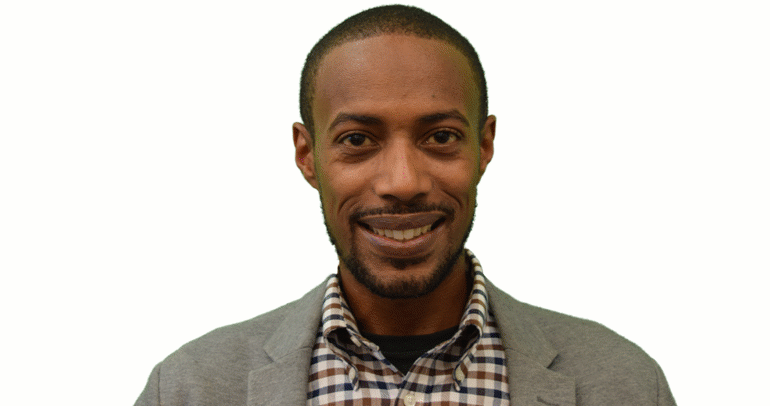faces
People Read Facial Expressions Differently
Posted on by Dr. Francis Collins

Credit: Lydia Polimeni, NIH
What do you see in the faces above? We constantly make assumptions about what others are feeling based on their facial expressions, such as smiling or frowning. Many have even suggested that human facial expressions represent a universal language. But an NIH-funded research team recently uncovered evidence that different people may read common facial expressions in surprisingly different ways.
In a study published in Nature Human Behaviour, the researchers found that each individual’s past experience, beliefs, and conceptual knowledge of emotions will color how he or she interprets facial expressions [1]. These findings are not only fascinating, they might lead to new ways to help people who sometimes struggle with reading social cues, including those with anxiety, depression, bipolar disorder, schizophrenia, or autism spectrum disorder.
Share this:
- Click to share on LinkedIn (Opens in new window)
- Click to share on Pinterest (Opens in new window)
- Click to share on Tumblr (Opens in new window)
- Click to share on Reddit (Opens in new window)
- Click to share on Telegram (Opens in new window)
- Click to share on WhatsApp (Opens in new window)
- Click to print (Opens in new window)
